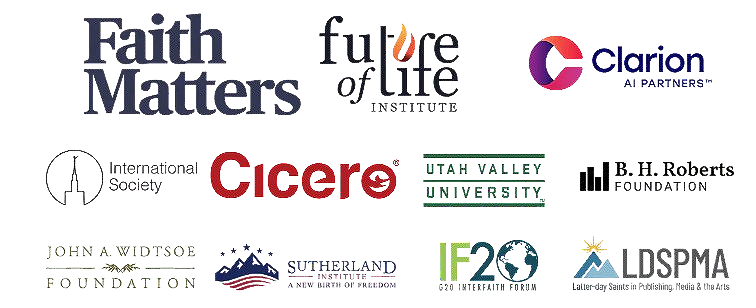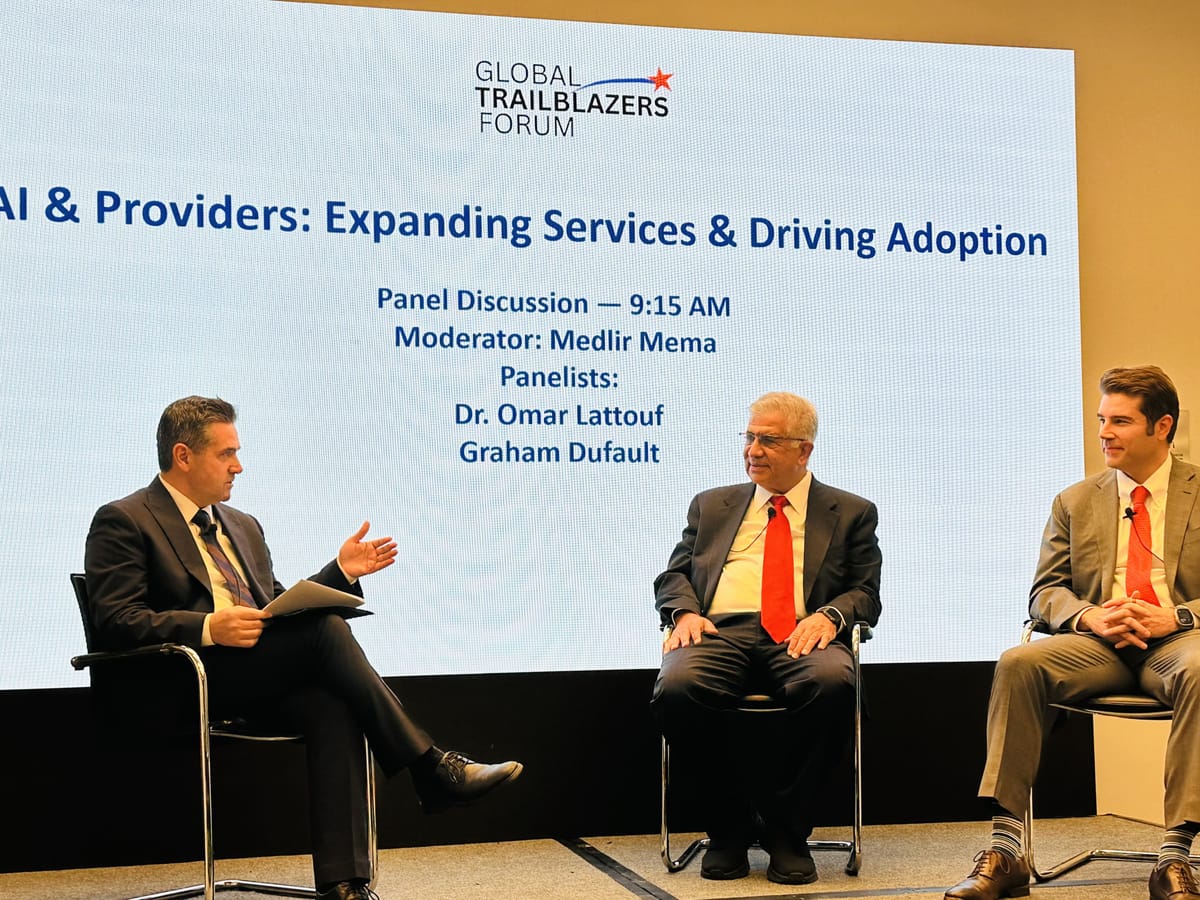

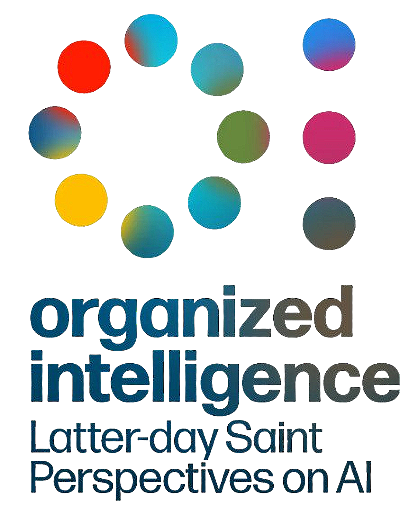
Salt Lake City, Utah — October 31, 2025
Artificial intelligence is reshaping society faster than any technology in living memory. Next week, a coalition of thinkers, technologists, theologians, and church leaders will gather in Salt Lake City to confront its implications head-on.
The Organized Intelligence 2025 Conference, subtitled “Latter-day Saint Perspectives on AI,” will take place at the Church Office Building, 26th floor, in downtown Salt Lake City. Supported by the Future of Life Institute, Faith Matters Foundation, Cicero Group, Clarion AI Partners, Sutherland Institute, The John A. and Leah D. Widtsoe Foundation, International Society, the BH Roberts Foundation, G20 Interfaith Forum, LDSPMA, and Utah Valley University, the event aims to build a community of faith-based voices contributing to the ethical and spiritual conversation around artificial intelligence.
The conference’s keynote on November 5th will be delivered by Elder Gerrit W. Gong, a member of the Quorum of the Twelve Apostles of The Church of Jesus Christ of Latter-day Saints. Last week, Elder Gong participated in a Vatican-area summit on AI ethics, where he joined religious and technological leaders to discuss the moral and social implications of AI and announced a multifaith initiative to evaluate how AI systems handle matters of faith and human dignity. His recent involvement underscores the Church’s proactive engagement with AI as a technology that shapes human and spiritual life.
Organized Intelligence was born from a personal and professional call to action. Founder Medlir Mema shared with TechBuzz that years ago, while engaging with Latter-day Saint scholars in California, he began asking, “Why is it that we’re just not asking these questions? Why are we not engaging with this like we have responsibility?” That initial curiosity, combined with his experience in AI governance, led him to publish a call for engagement and ultimately partner with Faith Matters and other organizations to institutionalize the effort. “We want to do something that sticks, something that will stay and have a long life,” Mema explained, emphasizing that the initiative is designed to be collaborative, with multiple supporting organizations able to continue the work independently yet in concert.
Mema stressed the urgent importance of this work. “Artificial intelligence is likely to have an outsized impact… the decisions we make today will impact the way the future looks tomorrow and the day after,” he noted. As parent, a social scientist and a believer, he sees a responsibility to ensure AI development centers on humanity and human flourishing. The conference is designed not just for discussion but to educate, build networks, and influence policy: “We want to engage. Ultimately, we all want to influence the conversation,” he said.
A New Kind of Dialogue
“AI is the most consequential technology development in 500 years,” said Zach Davis, co-founder of the Organized Intelligence 2025 Conference and executive director of Faith Matters who sat down with TechBuzz to discuss the event and his thoughts on AI. “It will change the world in a way comparable to the advent of print in the 1500s. But instead of rendering spiritual and religious thinking obsolete, these radical shifts require deeper engagement from faith traditions.”
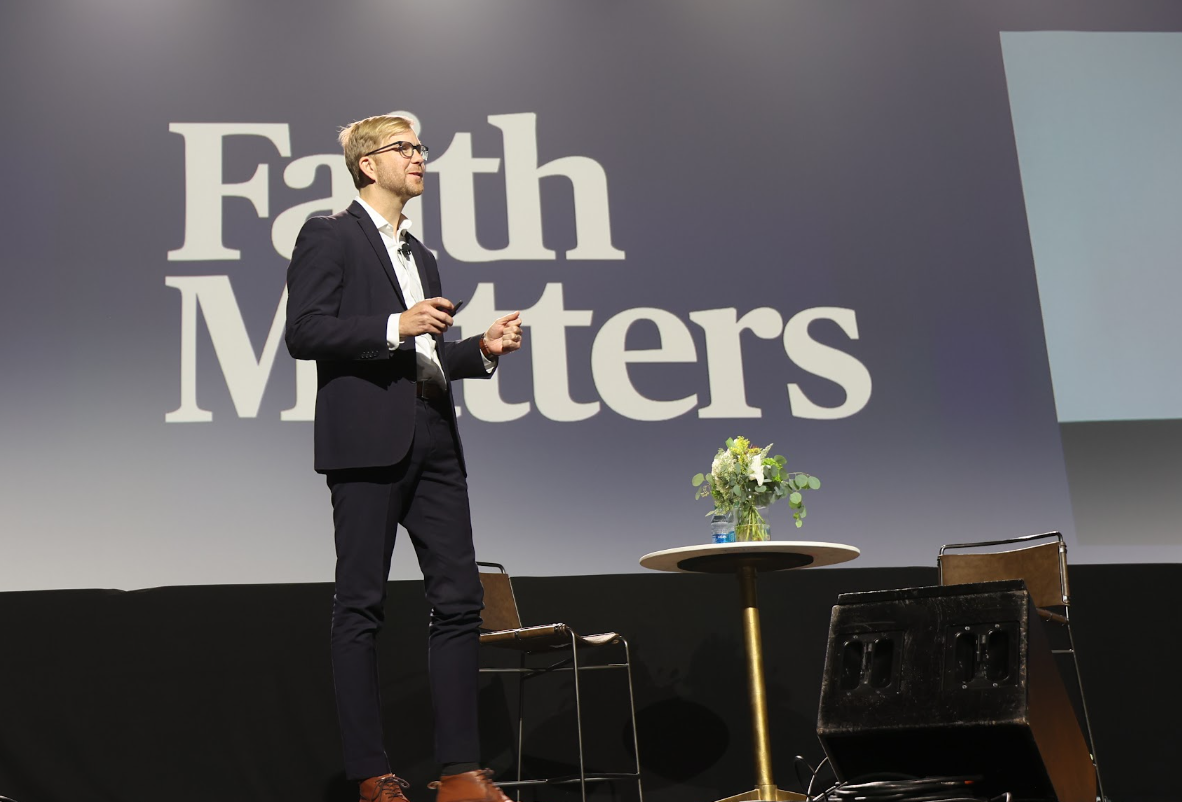
Davis believes technology decisions have been left too long to Silicon Valley. “Just like the Amish deliberate over whether a new tool will strengthen or weaken their community, all religious communities need to become more deliberate about the technologies they embrace,” he stated. “We’ve been too passive. We need to use our agency and God-given reason to decide how AI will shape our lives — especially the lives of our children.”
Learning from Past Tradeoffs
Davis notes that the 20th century was defined by faith in progress — a time when washing machines, air travel, and computers were seen as unqualified goods. “American society came to believe that more tech always meant better outcomes,” he said. “But the rise of smartphones and social media has punctured that myth.”
He warns that while every innovation brings benefits, it also extracts a cost. “With print, we gained literacy and record-keeping but lost the oral traditions and calligraphic artistry of earlier cultures. Smartphones have given us faster communication — but at the cost of attention, connection, and mental health,” he said. “With AI, we risk cognitive atrophy and other downsides if we aren’t careful to ensure these tools amplify, rather than replace, humanity.”
From Reflection to Policy
The initiative has caught the attention of civic and policy leaders as well. Davis praised Utah Governor Spencer Cox for taking early steps to mitigate the harms of addictive technologies. “We’ve seen the damage social media can do to teenagers. Now imagine a world where powerful AI can generate any image or fantasy on demand,” he said. “We need foresight and courage to protect human beings from exploitation — especially when it comes dressed in the language of progress.”
Asked whether Organized Intelligence will make policy recommendations, Davis said yes — but emphasized that the immediate goal is to create understanding and collaboration. “We want to create spaces where technologists, theologians, and policymakers can think together before problems become crises.”
“Our hope is to coalesce a community of creators, entrepreneurs, and thinkers who share a sense that this question is so big we have to figure it out together,” he added.
Future projects include a podcast series, an edited volume of essays, and ongoing educational salons exploring the moral dimensions of AI. “We want AI companies to know there’s a community they can consult when they face questions about alignment and ethics,” he said.
Faith as a Framework for the Future
A growing number of religious institutions are engaging the AI question, from the Vatican’s Digital Rerum Novarum conference last week to Harvard’s Human Flourishing Program. “We hope Organized Intelligence can be one of several faith-based voices contributing to a global conversation,” Davis said. “We want to stand shoulder to shoulder with other traditions that place human dignity, compassion, and love at the center of their vision.”
Davis’s own perspective is shaped by his background in theology — he earned a degree from Harvard Divinity School and now leads Faith Matters, a nonprofit that fosters dialogue between religion and modern life. “The gospel isn’t just about personal spirituality,” he said. “It’s a lens for understanding our entire human experience and ensuring we co-create the world with God in ways that promote true flourishing.”
Interest in the conference has far exceeded expectations. 800 people have registered as of today, but the venue only holds 500. “We’ll livestream for those who can’t attend in person,” Davis said.
While the event coincides with the 47G tech conference across town at the Salt Palace, Davis sees the timing as an opportunity rather than a conflict. “Utah’s tech sector has been a global success story,” he said. “But as AI matures, we need an equally strong moral and philosophical framework to guide it. That’s what we’re trying to build.”
Learn more and register here.
Check out the podcast featuring Medlir Mema, Age of AI.
Look at Wayfare's series on AI from several writers and technologists, compiled by Zach Davis.
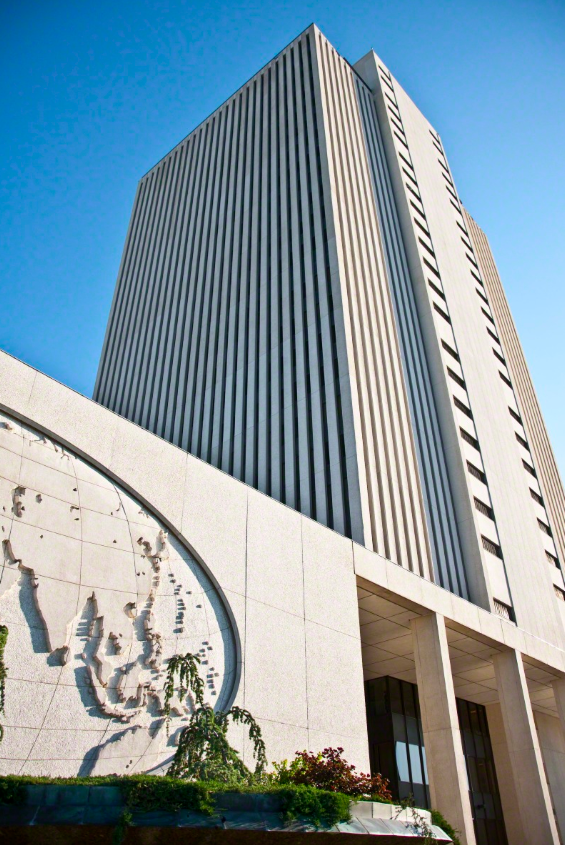
Organized Intelligence 2025: Latter-day Saint Perspectives on AI
- Church Office Building, 26th Floor, Salt Lake City, Utah
- November 4–5, 2025
- 500 person onsite capacity; unlimited livestream viewers
- Speakers: Elder Gerrit W. Gong, Kim B. Clark, Terryl Givens, Josh Coates, Bennett Borden, Barclay Burns, Margaret Busse, Dan Nielson, and many others
- Livestream available for registered participants
- organizedintelligence.ai
- Supporters:
